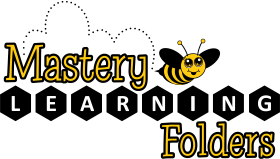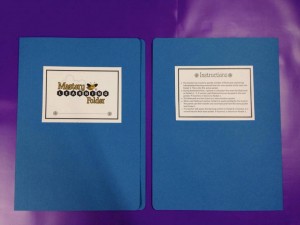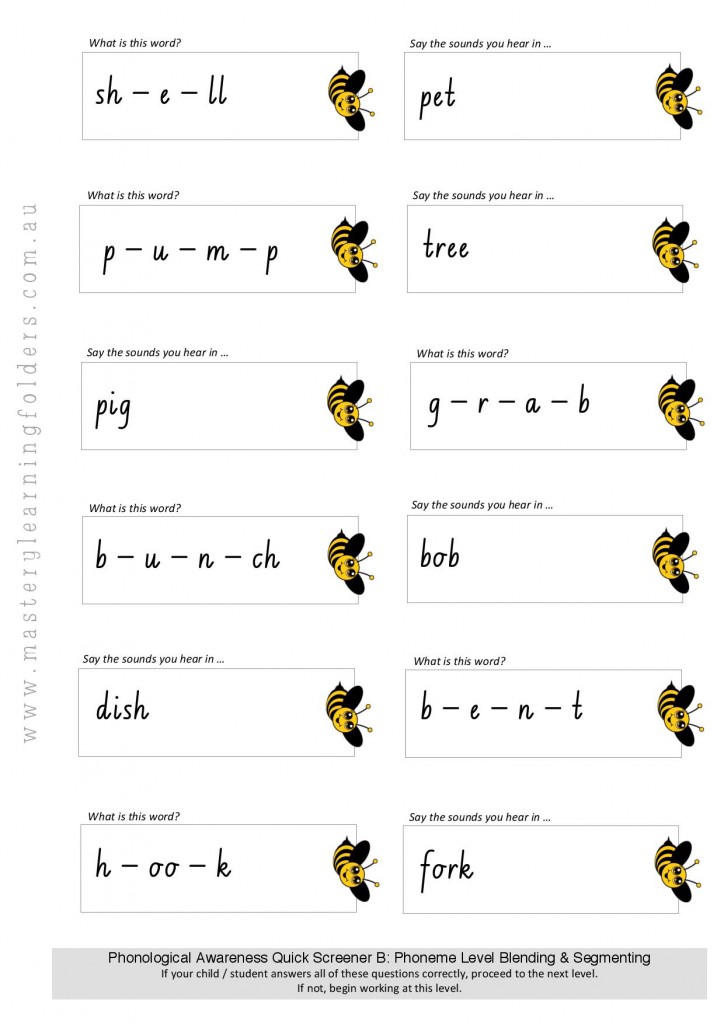Quote – US National Reading Panel
“In 1997, Congress asked the NICHD, through its Child Development and Behavior Branch, to work with the U.S. Department of Education (ED) in establishing a National Reading Panel that would evaluate existing research and evidence to find the best ways of teaching children to read.
The 14-member Panel included members from different backgrounds, including school administrators, working teachers, and scientists involved in reading research.
On April 13, 2000, the National Reading Panel concluded its work and submitted its final reports. The Panel has not been reconvened since that time and does not continue to work on this issue.
Topic Areas
Specifically, Congress asked the Panel to:
- Review all the research available (more than 100,000 reading studies) on how children learn to read.
- Determine the most effective evidence-based methods for teaching children to read.
- Describe which methods of reading instruction are ready for use in the classroom and recommend ways of getting this information into schools.
- Suggest a plan for additional research in reading development and instruction.
In addition, the National Reading Panel held public hearings where people could give their opinions on what topics the panel should study.
The Panel considered roughly 100,000 reading studies published since 1966, and another 10,000 published before that time. From this pool, the Panel selected several hundred studies for its review and analysis.
The National Reading Panel’s analysis made it clear that the best approach to reading instruction is one that incorporates:
- Explicit instruction in phonemic awareness
- Systematic phonics instruction
- Methods to improve fluency
- Ways to enhance comprehension
The Panel found that a combination of techniques is effective for teaching children to read:
- Phonemic awareness—the knowledge that spoken words can be broken apart into smaller segments of sound known as phonemes. Children who are read to at home—especially material that rhymes—often develop the basis of phonemic awareness. Children who are not read to will probably need to be taught that words can be broken apart into smaller sounds.
- Phonics—the knowledge that letters of the alphabet represent phonemes, and that these sounds are blended together to form written words. Readers who are skilled in phonics can sound out words they haven’t seen before, without first having to memorize them.
- Fluency—the ability to recognize words easily, read with greater speed, accuracy, and expression, and to better understand what is read. Children gain fluency by practicing reading until the process becomes automatic; guided oral repeated reading is one approach to helping children become fluent readers.
- Guided oral reading—reading out loud while getting guidance and feedback from skilled readers. The combination of practice and feedback promotes reading fluency.
- Teaching vocabulary words—teaching new words, either as they appear in text, or by introducing new words separately. This type of instruction also aids reading ability.
- Reading comprehension strategies—techniques for helping individuals to understand what they read. Such techniques involve having students summarize what they’ve read, to gain a better understanding of the material.”
From: http://www.nichd.nih.gov/research/supported/Pages/nrp.aspx/



